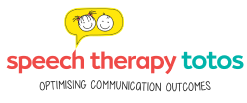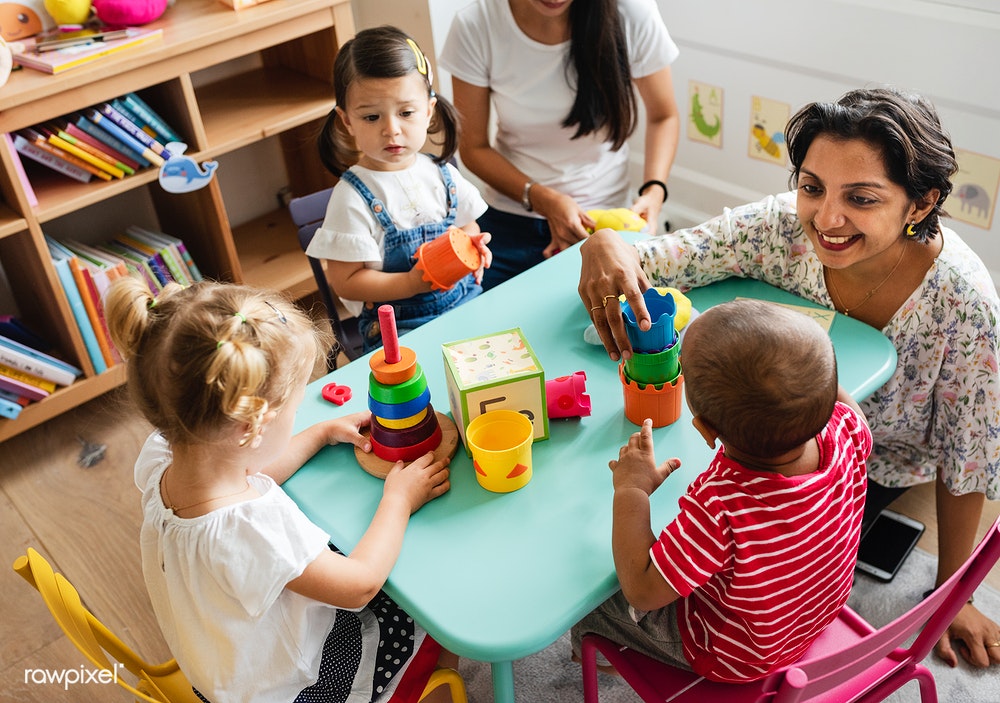Episode 12: My Opinion about How to Make the Most of Your Child’s Speech Therapy Sessions
In today’s my opinion about series, I’ll discuss 3 ways of making the most of your child’s speech therapy sessions.
Quick question, please let me know in the comments your view of whether you feel your child’s speech therapy should be a shared responsibility between you and your child’s speech therapist or not.
So, yes, shared or no- not shared. Meaning it’s only the therapist’s responsibility.
So, how can parents ensure faster progress from their child’s speech therapy sessions, and therefore faster discharge? There are definitely some children who make faster progress than others for these 3 reasons.
1. Parental involvement
2. Home environment
3. Practise

1. Parental Involvement
I cannot emphasise this enough!
There is usually a parent involved and a mother to be specific (as observed at my clinic) for the children that we do see in the clinic that make the most progress or the fastest progress.
These parents are determined to see their children make progress. These parents have refused to accept that their children’s difficulties are permanent. They ask lots of questions so as to become empowered in optimising their child’s communication outcomes. They repeatedly seek clarifications, they continue to show up for sessions and if they are not able to make it, they ensure that another caregiver i.e. either the house-help or nanny is present for the sessions.
They also ensure that their child shows up for all sessions.
These parents are empowered, in that they ask the right questions about the specific areas in which their child is being targeted or not being targeted when it comes to treatment.
These parents know their children so well and they are their child’s expert. And I say this all the times to parents, “I am not your child’s expert, you are your own child’s expert”. So if I set a goal that you feel is not aligned with where your child is at or their needs, then you have the right to question the kind of targeted treatment they are receiving taking into account the expert advise that you are receiving.
2. The home environment
I say this and I say it over and over again. The amount of times and the amount of frequency with which a child’s speech therapy sessions occur is usually possibly twice a week. So that is two sessions of forty minutes compared to the rest of the time that your child is spending at home. Therefore the home environment needs to be very conducive to language building or to the things that we are targeting in the session.
If the only time your child’s environment is ideal is during the two therapy sessions they come for in a week, then you are not going to see as fast enough a progress. So everything at home needs to also be conducive.
You as the parent or caregiver need to make sure that there is enough opportunity for your child to be engaged in whatever is being targeted. You also need to make sure that whatever behaviour or habits that were being perpetuated before your child started speech therapy are being rectified and replaced with good habits.
Some of these behaviours that need to be rectified include overexposure to screens i.e. television, smart phones and tablets.
Failure to change the home environment just simply makes the therapy sessions counter productive.
Online Speech Therapy
Empowering parents to make changes to the home environment is one of the reasons why I created my online paid course as a way of providing online speech therapy.
It came to my attention that parents may not be aware that their home environment may be causing their child’s speech and language delay after seeing case after case of children with delays which could have been mitigated if parents were empowered with knowledge of what to do at home.
The Late-Talker’s Bootcamp Course is designed to help you to expand your child’s language skills, from home, using proven speech therapy techniques. Having this course is like having speech therapy at a fraction of the cost. And from the comfort of your home.
Parents can access snippets of the modules of the Late-Talker’s Bootcamp Course for FREE to learn about the mistakes they might be making that is causing their child’s speech delay. I talk about the critical brain development period, the impact of screens on your child’s brain development and common mistakes parents maybe making with their children’s language. You will be empowered with knowledge to get your child talking, talking more and talking better.
3. Practice
Practice is the third way that ensures children make faster progress during the therapy sessions.
It is not enough to bring your child consistently, your child needs enough opportunities of whatever is being targeted in sessions to be reinforced at home.
These opportunities to practice don’t have to involve a sit down to mirror your child’s speech therapy sessions but they can be woven into the child’s daily routine. So if say you are driving back home, you can be pointing outside the window to things, if you are home you can find opportunities for your child to practice whatever it is that is being targeted in the session.
You can also ask your child’s speech therapy for materials to practice such as flashcards. Be creative in how you weave these opportunities into your own child’s daily routine.
These are the three things that I have found that make the most impact on your child’s progress and determine the speed at which they make progress with their speech and language therapy
Please check out our videos and articles on optimising your child’s communication outcomes and overall learning progress.
You can also check out our online course for parents: Late-Talker’s bootcamp below.







